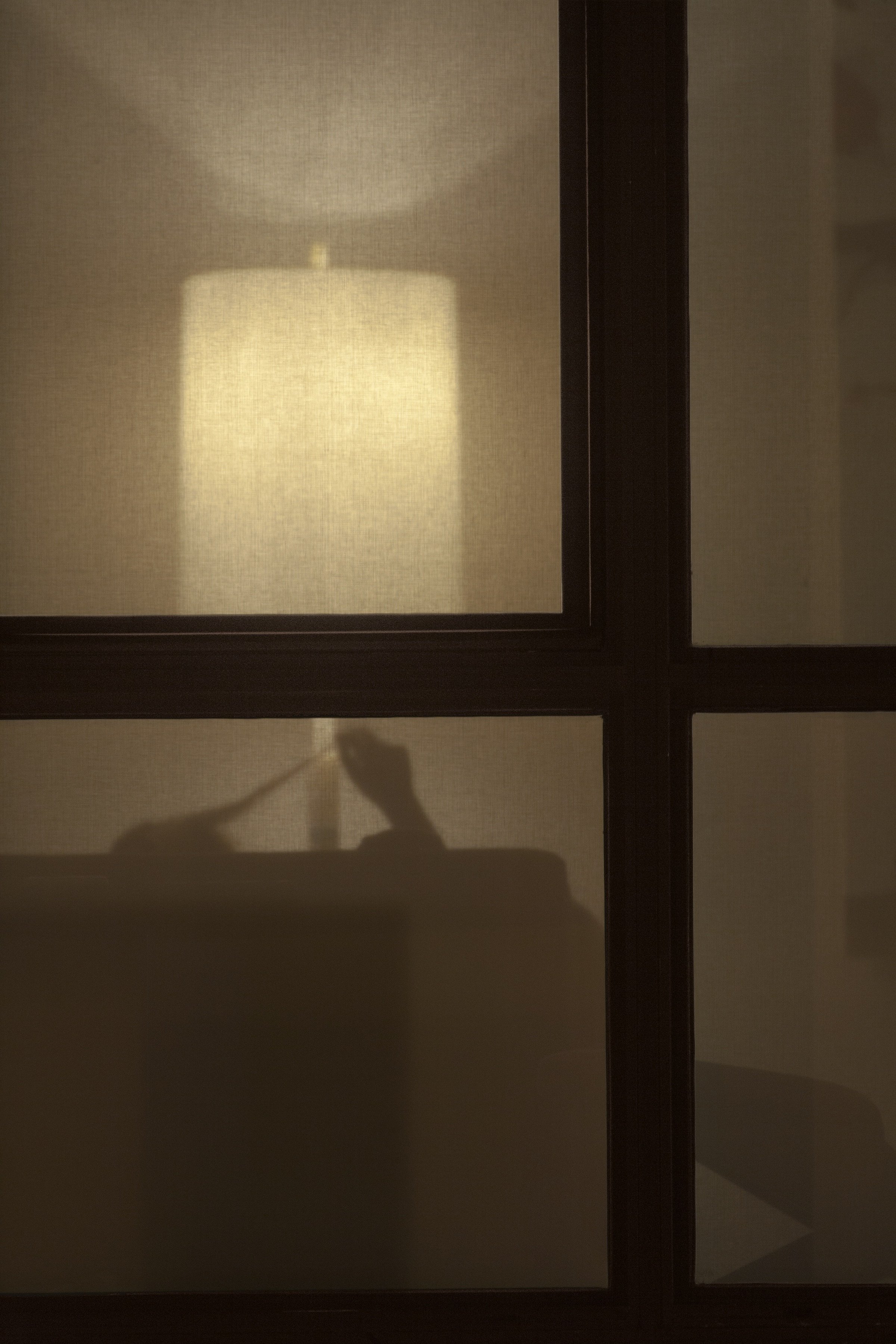The Right to Oblivion: Privacy and the Good Life
A New Yorker Best Book of the Year
“A radiantly original contribution to a conversation gravely in need of new thinking. Pressly takes up familiar fixations of tech discourse—privacy, mental health, civic strife—but puts them into such a new and surprising arrangement that they are nearly unrecognizable. The effect is like walking through your home town after a tornado: you recognize the buildings, but after some vigorous jumbling they have acquired a very different shape.”

Praise for The Right to Oblivion
“We all feel beset by mechanized claims on our attention. If you feel like your very self is losing its coherence, this book will help you understand why. With grace and aplomb, Pressly shows that, under conditions where we are never fully alone and never fully with others, the basic terms of being are dissolving. And he gives us the materials for building shelter.”
— Matthew B. Crawford
“Technologists say that we have no privacy, and we should get over it. Philosophers say that privacy is a concept in disarray. Lowry Pressly brings boldness and clarity where there has been confusion. Ranging widely from the history of photography to the advent of artificial intelligence, Pressly reframes privacy as the right to be unknown rather than a right to control what is known. His insistence that zones of oblivion are essential for human flourishing is not just powerful but inspiring.”
— Rob Reich
“Pressly beautifully argues that unknowability is a source of great pleasure and promise. The Right to Oblivion calls us to resist the lures of nonstop self-documentation, not just to protect our privacy but to cultivate our ineffable creativity and untold potential. Indeed, human well-being depends on it. This is an exciting, important, and provocative book.”
— Elisabeth Anker
“One of the most important books on privacy that the age of information has produced. With a rare blend of philosophical rigor and literary grace, Lowry Pressly shows that privacy is above all about making space for the unaccountable aspects of a life worth living. This stunning work draws from our anxiety about privacy an illuminating meditation on the human condition.”
— Michael J. Sandel
“Pressly’s book presents a trio of brilliant revelations: seeing privacy as the legal right to control information has serious limitations; technological challenges from photography to the digital age alter the meaning of privacy; and a deep, interior, unknowable self is a vital source of creativity and action in the world. The Right to Oblivion will change how political theorists, philosophers, and psychologists of the self alike understand privacy.”
— Nancy L. Rosenblum
“It’s privacy that involves passing your neighbors’ homes and accepting, without much further thought, that you’ll probably never know about their first kisses or whether they pour their bacon grease down the drain. Their depth, and your own, relies on your not knowing; the whole social fabric of the world depends on it; it is beautiful, it is profound, it is robust…[Pressly] draws from a wealth of surprising sources…[and] constructs a vision of private life that needs protecting.”
— Dan Piepenbring in Harpers
